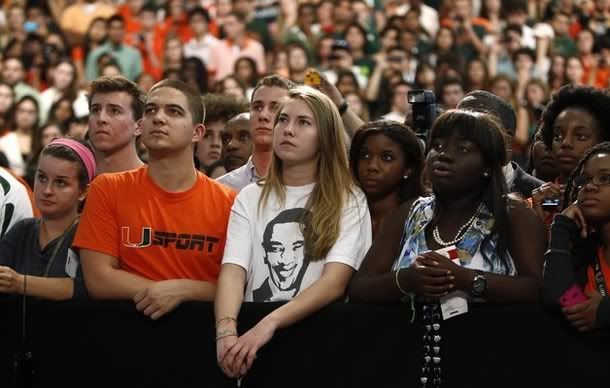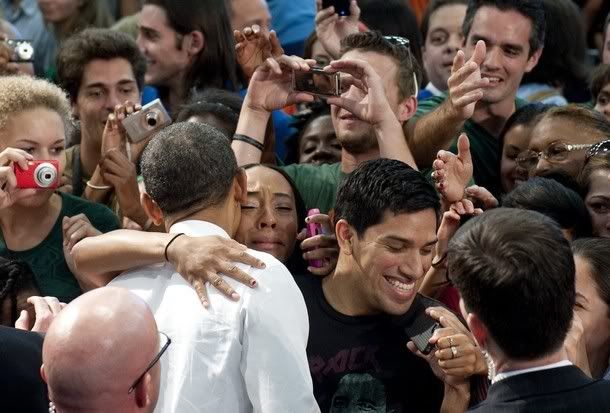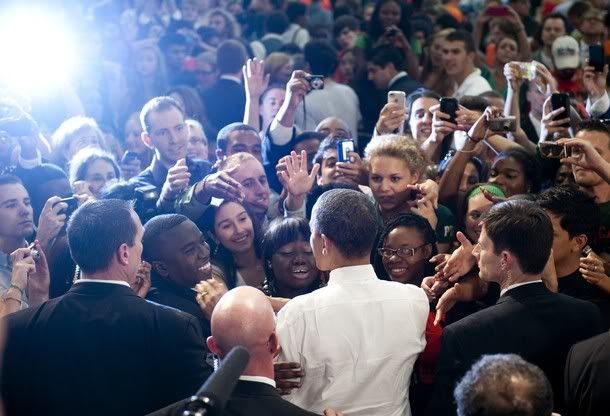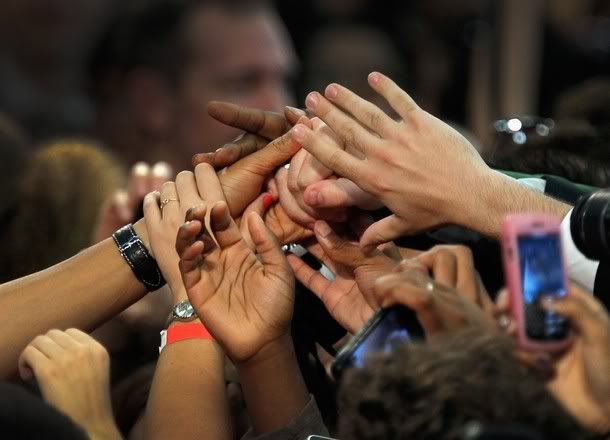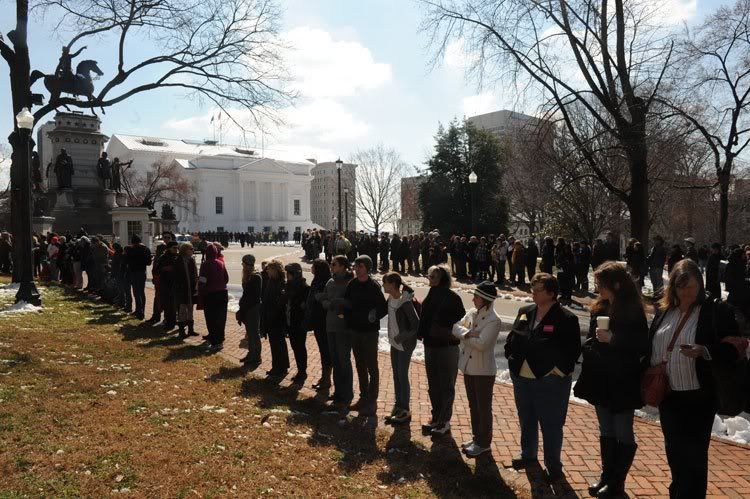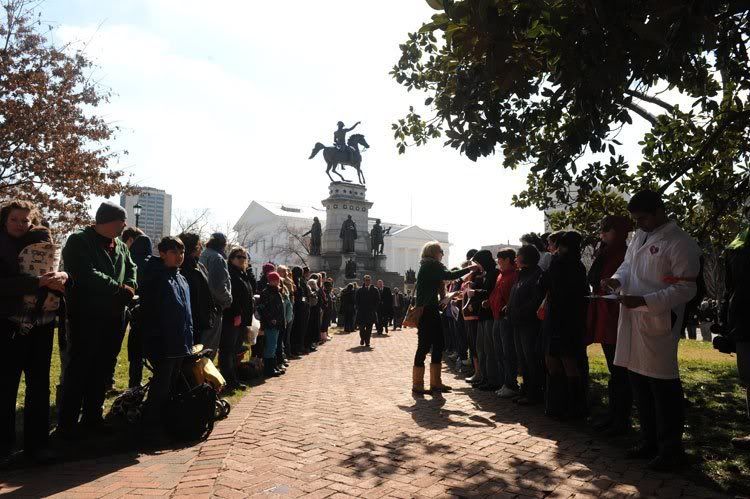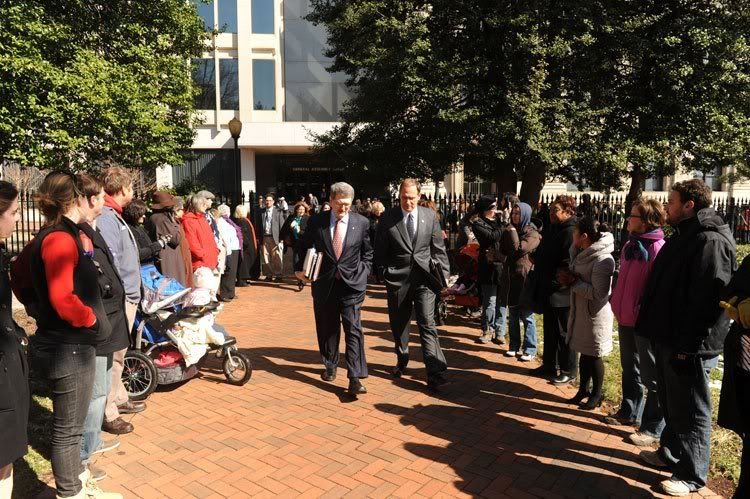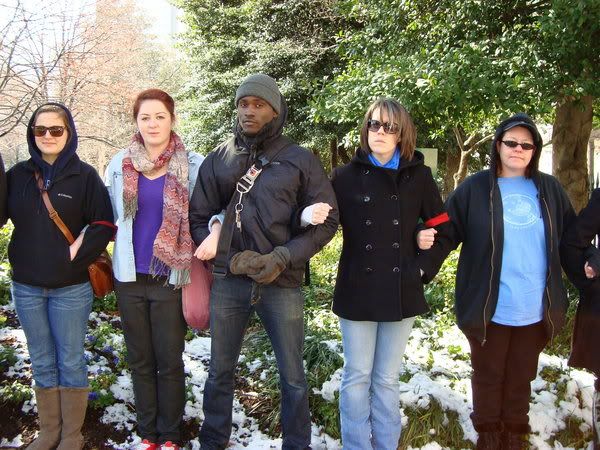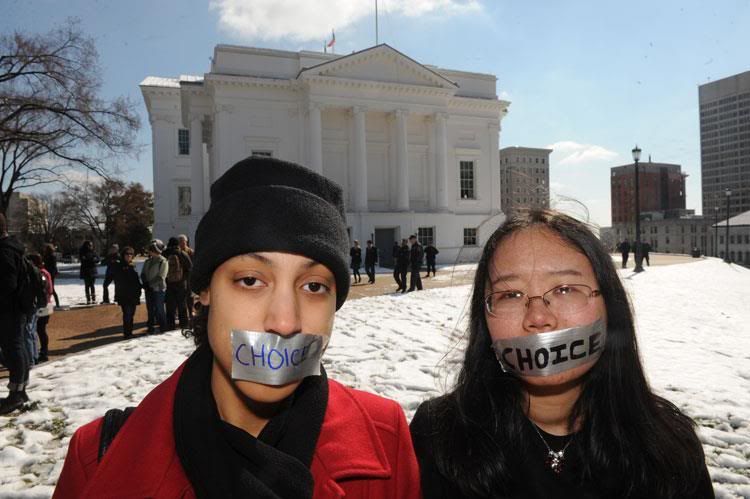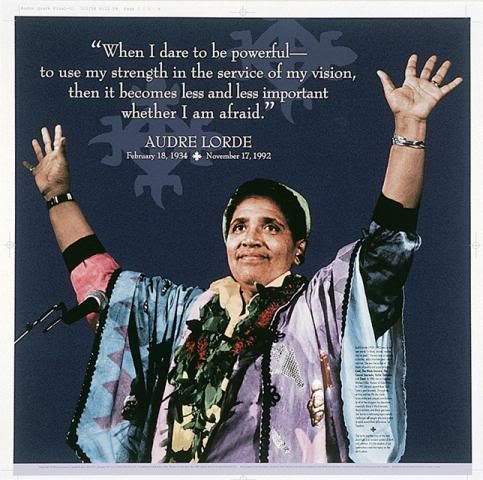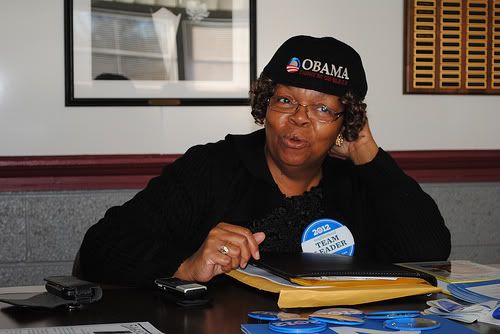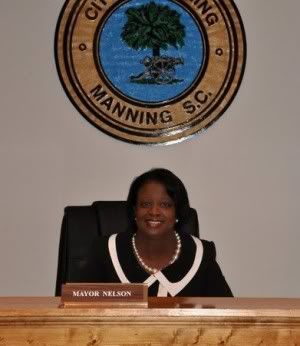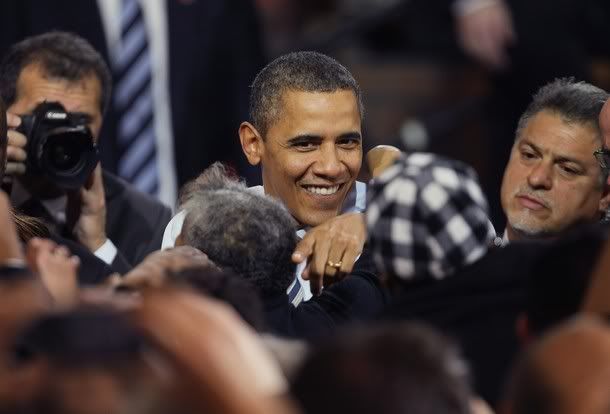Coming into the 2012 election, much was made of Mitt Romney's Mormonism as a potential problem for him in the Republican primaries. And the truth is, that might be affecting some of those who continue to look for a not-Romney candidate. But based on what we've seen so far, the divide seems to be much more about class than it is about religion. Here's Jonathan Cohn's take on last night's Michigan primary results.
Romney succeeded, but the exit polls suggested a familiar class divide. Romney won among voters who attended at least some college and those making more than $100,000 a year. But he lost among voters who attended no college and among those making less than $100,000 a year.
As New York Times economics guru and Washington bureau chief David Leonhardt tweeted, if you genetically engineered the typical Romney voter, it was a single Catholic woman who was older than 65 and with a household income of more than $100,000.
Yes, even pitted against uber-Catholic Rick Santorum, Romney won the Catholic vote...as along as they made over $100,000. For those who attended no college and make less than $100,000 a year - Santorum was their man. The question then becomes whether these folks are up for grabs in the general election or if they'll hold their nose and vote for Romney when/if he is the nominee.
Back to Cohn, that's why President Obama's speech yesterday to the UAW struck just the right chord.
Which brings us to the other guy who was making a play for Michigan votes this week – although he was doing it from Washington. I’m talking about Obama, who gave a fiery speech to a meeting of the United Auto Workers on Tuesday.
By now, if you read this space, you know all about the auto bailout – and why it’s likely to help Obama’s reelection campaign, in Michigan and more contested rust belt states like Indiana, Ohio, and Wisconsin. But, as Greg Sargent observed, "Obama used the auto-bailout argument as a jumping off point for his larger case." It wasn’t just about saving the automakers or even the Midwest. It was about taking action to fix the economy – and about taking the side of working Americans.
So as Romney continues his guffaws about all his Cadillacs and chumminess with NASCAR team owners, and Santorum veers off into his racist dog whistles and extremist cultural issues (and no, denigrating one of the most important speeches by the country's first Catholic president was NOT a good idea), President Obama is telling working Americans that "As long as you’ve got an ounce of fight left in you, I’ll have a ton of fight left in me." This might be the year we win those "Reagan Democrats" back into the fold.




